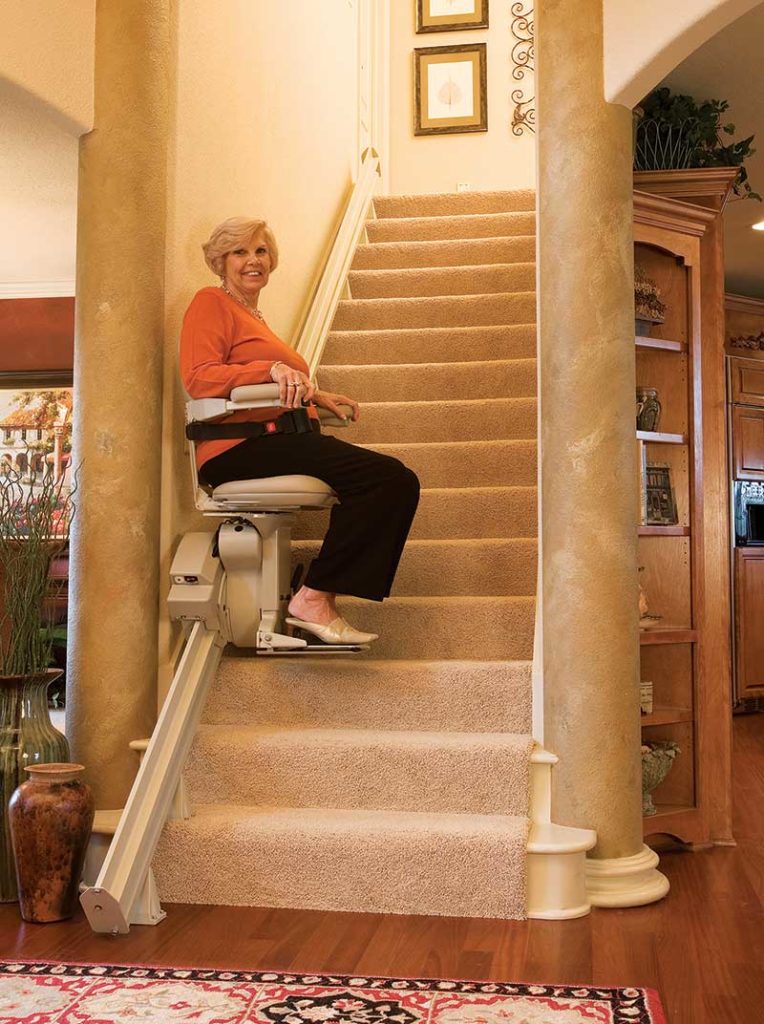
We’re hiring people who share our passion for building the future, today. We are establishing a ground game that will propel us into even larger markets in the future.īased in Ann Arbor, Michigan, our team develops driverless technology to give people more time to laugh with friends, to solve an interesting problem, or to enjoy the world around them. Our vehicles are on the streets of Grand Rapids, Michigan, Indianapolis, Indiana, Arlington, Texas and Hiroshima, Japan navigating complex downtown scenarios and transporting thousands of people on their daily commute every week. May Mobility is transforming transportation by developing and deploying autonomous vehicles that get people where they need to go- safely, easily, and with a lot more fun.

We’re hiring people who share our passion for building the future, today, solving real-world problems and seeing the impact of their work. Since our founding in 2017, we’ve given more than 300,000 autonomy-enabled rides to real people around the globe. We’re building the world’s best autonomy system to reimagine transit by minimizing congestion, expanding access and encouraging better land use in order to foster more green, vibrant and livable spaces. Our vehicles do more than just drive themselves - they provide value to communities, bridge public transit gaps and move people where they need to go safely, easily and with a lot more fun. Based in Ann Arbor, Michigan, May develops and deploys autonomous vehicles (AVs) powered by our innovative Multi-Policy Decision Making (MPDM) technology that literally reimagines the way AVs think. May’s S-AMs will feature a rear-entry conversion, allowing the vehicles to carry two non-wheelchair riders along with a rider using a wheelchair, or four non-wheelchair users, the company says.Īs part of May’s efforts to improve accessibility in transit, the company will also integrate assistive technology within the vehicle cabin through speakers and a display to help those who have audio or visual impairments know when it is safe to enter and exit the vehicle.May Mobility is transforming cities through autonomous technology to create a safer, greener, more accessible world. Cruise plans to introduce its own dedicated robotaxi, the Origin, in 2023, which should have an accessible variant, but that’s still probably years away from service.Īurora recently unveiled a test fleet of Toyota S-AMs for future ride-hail operations, but the company did not respond to requests in time for more information about whether those vehicles would be ADA-compliant, as well. Waymo has announced plans to produce a purpose-built minivan AV with Geely’s Zeekr, but so far the descriptions say nothing about accessibility.

Other AV companies that are currently deploying self-driving ride-hail vehicles, like Waymo and Cruise, have yet to introduce vehicles that are wheelchair-accessible. “ In the U.S., 3.6 million people do not leave their homes because of travel-limiting disabilities.”
“ Ensuring that autonomous vehicles are developed in a way that advances transportation equity goals is a key pillar for May Mobility,” said Erin McCurry, product manager and accessibility lead at May Mobility, in a statement. The modified S-AM vehicles will be phased into these locations throughout the year, the company said in a statement, noting that it hopes this partnership will lay the groundwork for further development and deployment of ADA-compliant vehicles in the future. May operates low-speed AVs geared toward augmenting public transport in five cities, including Arlington, Texas, Ann Arbor and Grand Rapids in Michigan, Fishers, Indiana and Hiroshima, Japan. Autonomous ride-hail and shuttle startup May Mobility is partnering with wheelchair-accessible van manufacturer BraunAbility to modify its fleet of Toyota Sienna Autono-MaaS (S-AM) vehicles to include ADA-compliant vehicles.


 0 kommentar(er)
0 kommentar(er)
